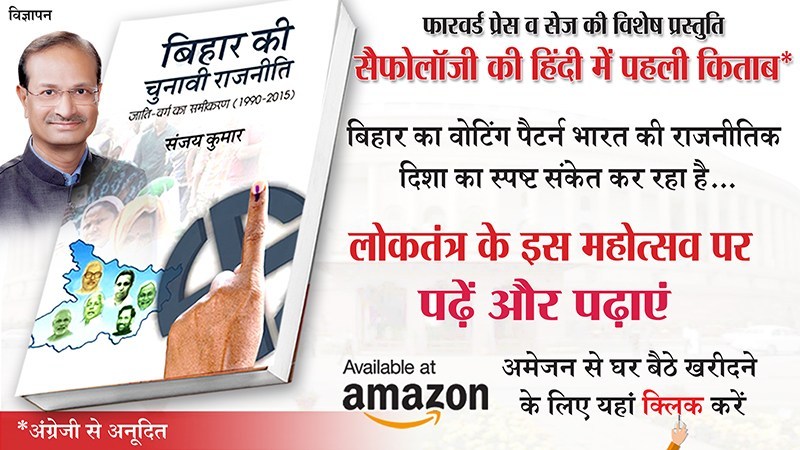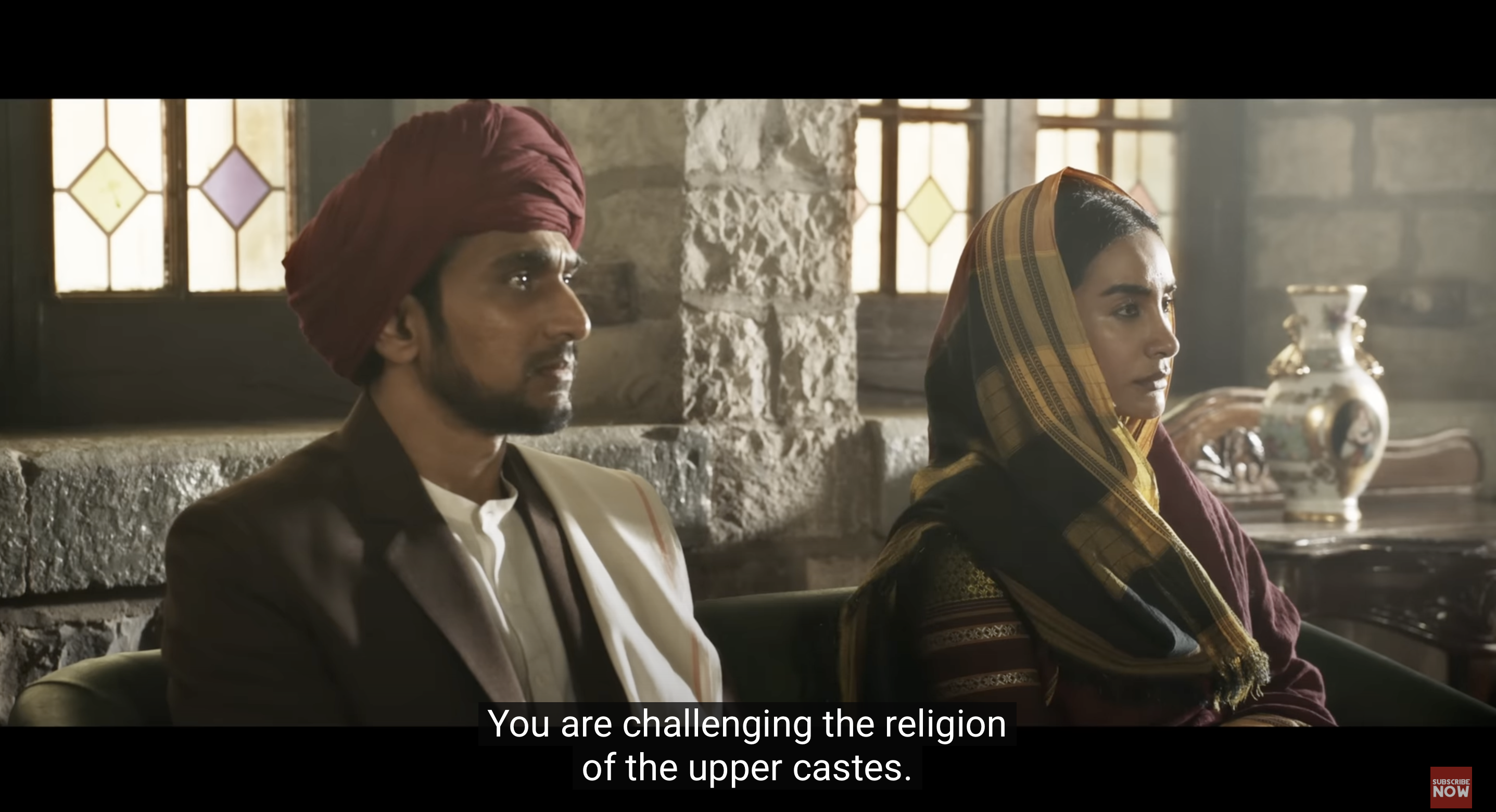On 17 November 2017, when Ngurang Pinch left for a rafting expedition for the weekend with several of his friends and associates, his family had no idea this was the last time they were going to see him alive.
Pinch was a career politician who had won the Doimukh assembly constituency as an independent candidate in 2004. He was then with the Congress for a while before joining the BJP in 2014. He was planning on contesting this year’s assembly elections. The present BJP government had appointed him chairman of the Arunachal Pradesh Agriculture Marketing Board.
Pinch’s family learnt on 18 November 2017 that he had drowned in the river the previous night. “According to the rafting guide, the expedition members had found my father’s body at dawn, which should be 6 or 7 am of 18th [November],” says Ngurang Reena, Pinch’s daughter who has been fighting for justice for her late father. “Again, as informed by the rafting guide, the team had a meeting to ‘take care’ of the situation. There was a delay of several hours in informing us about his death. The team ordered everyone to delete pictures and videos from their phones and a screen lock was set on my father’s phone [unlike before] and the screen of the phone was found to have been tampered as well.”
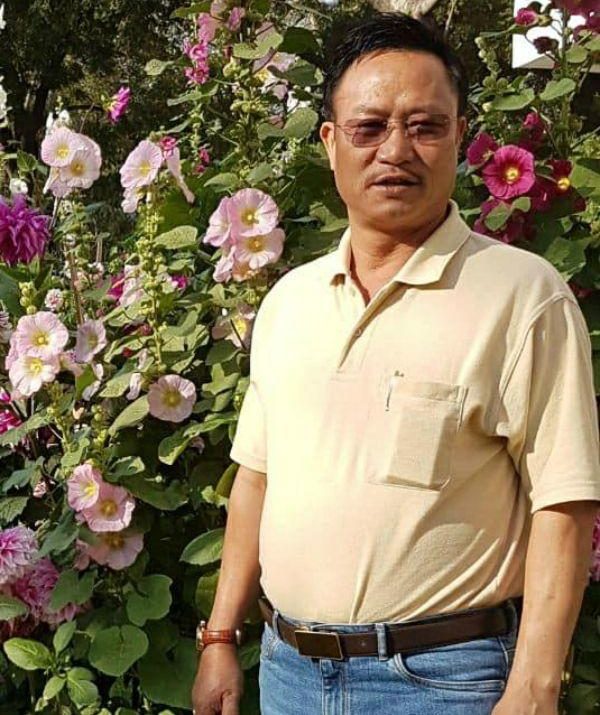
The silence of his companions, 21 of them in total, about the death and the wounds they discovered on his body made his family members suspicious; moreover, he never wanted to go on the trip in the first place and was coerced. “They did not even bring the body home, dropping it off some distance away [at the nearest police station]. We had to go and pick it up. No one from the expedition spoke to us. Only a young driver who was part of the expedition came to meet and inform us. When we washed the body before the funeral, we discovered wounds on it,” says Reena, a PhD scholar at the School of International Studies in Jawaharalal Nehru University, New Delhi.
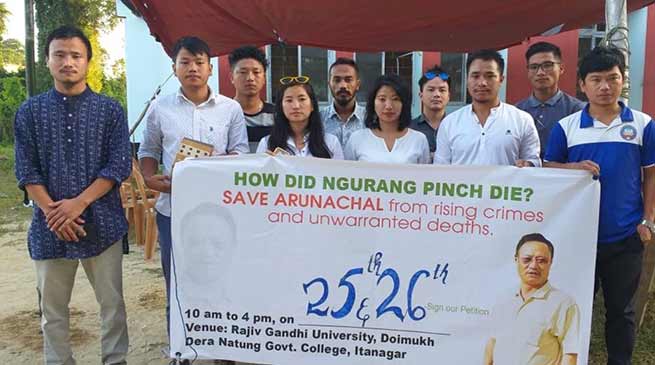
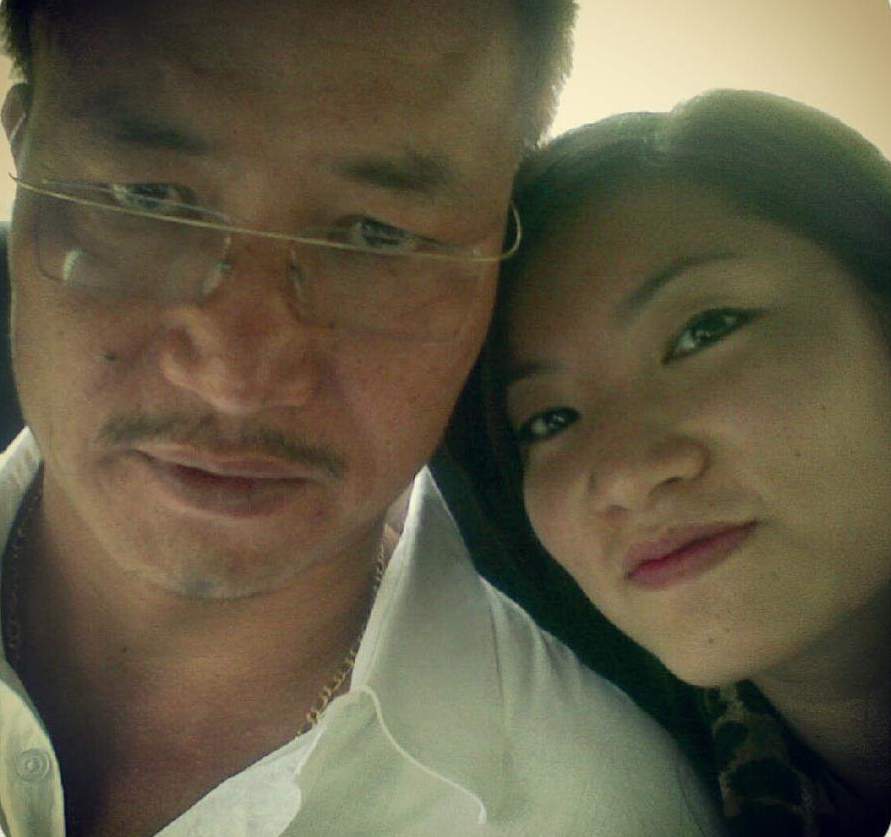
Reena says that two people accused of the massacre were part of the rafting expedition and were worried about her father’s keenness to bring it to light. “The rafting guide told us that one of them had a quarrel with my father. Later, that night, they slept sharing the same blanket.” The next morning, the body of her father was found floating in the river, with no explanation forthcoming as to how it ended up there.
The Special Investigation Team which probed the case made three arrests but was unable to get a confession or reach any conclusion. In January 2018, Reena met Kiren Rijiju, the Union Minister of State for Home Affairs, (who, incidentally, is not from the Nyishi tribe) regarding the case and demanded a CBI investigation.
In July 2018, the state government decided to hand over the case to CBI. However, the CBI has been dilly-dallying and refusing to take it up, Reena says. “The first time the Chief Minister wrote to the CBI, they told me he had addressed it incorrectly. I got the Chief Minister’s office to reissue the letter recommending a CBI probe. But they refuse to take it up. I was told by a CBI official that Northeast is too far and they do not have the resources to investigate a case there.”
Copy-editing: Anil
Forward Press also publishes books on Bahujan issues. Forward Press Books sheds light on the widespread problems as well as the finer aspects of Bahujan (Dalit, OBC, Adivasi, Nomadic, Pasmanda) society, culture, literature and politics. Contact us for a list of FP Books’ titles and to order. Mobile: +917827427311, Email: info@forwardmagazine.in)
The titles from Forward Press Books are also available on Kindle and these e-books cost less than their print versions. Browse and buy:
The Case for Bahujan Literature
Dalit Panthers: An Authoritative History
Mahishasur: Mithak wa Paramparayen
The Case for Bahujan Literature
Dalit Panthers: An Authoritative History
